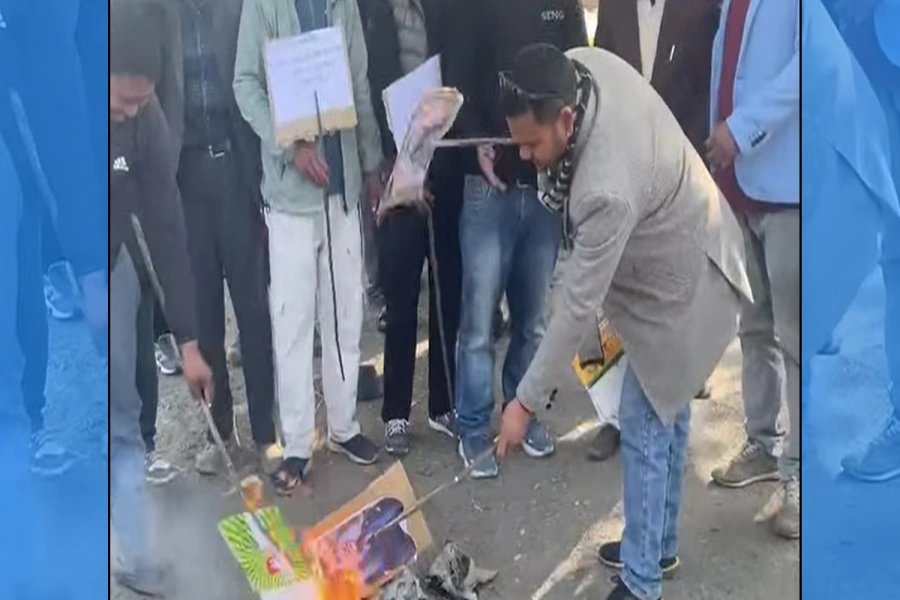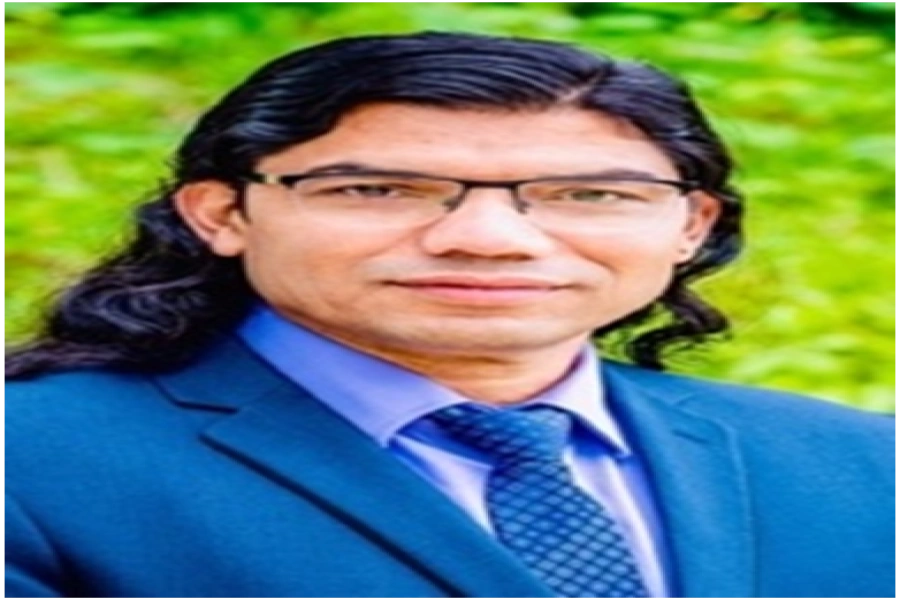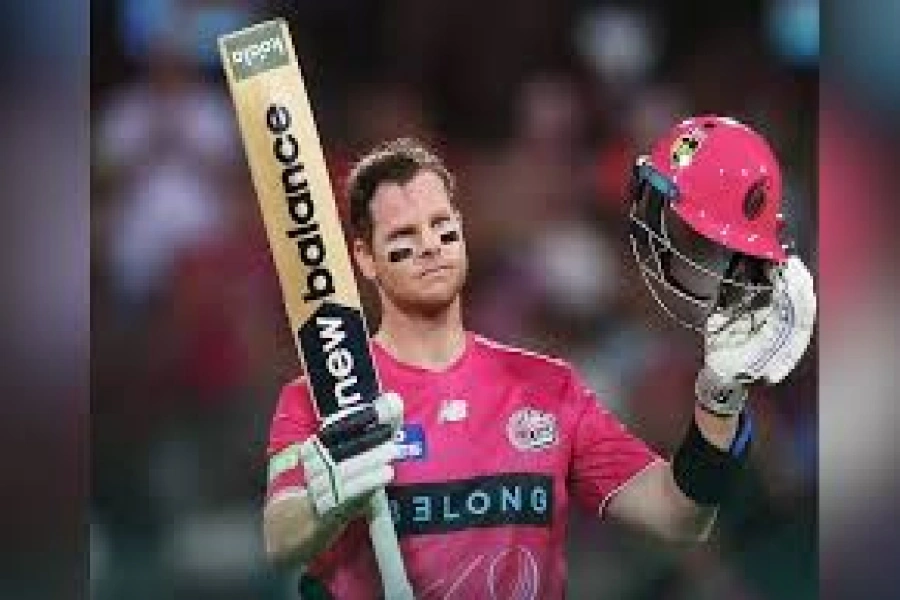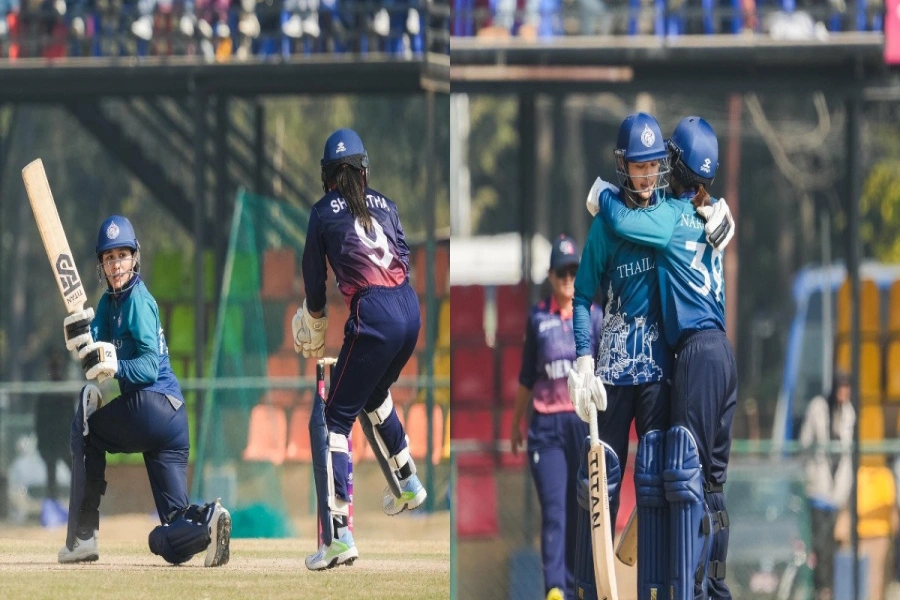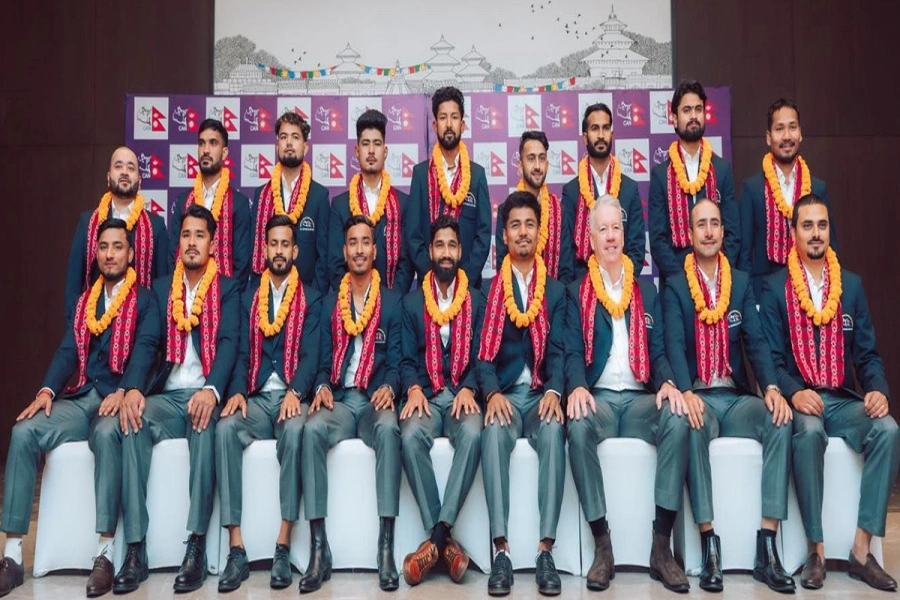KATHMANDU, June 26: Prospect of talks between the government and the outlawed Netra Bikram Chand-led Communist Party of Nepal (CPN) is getting slimmer as both sides remain adamant on their stances over a possible resolution to the ongoing crisis.
The government wants the semi-underground outfit to unconditionally surrender before any dialogue on its political demands could start.
CPN, on the other hand, has called on the government to restore its political rights and stop targeting its leader and cadres. Neither side appears ready to meet each other’s demands.
Hopes for talks dampened last week when security personnel killed a district leader of the outfit. There has also been rise in arrests of CPN leaders and cadres and crackdown on the outfit’s activities in the recent months. The government had outlawed the outfit on March 12.
Chand has accused the government of showing double standard by killing its ‘innocent cadres while spreading propaganda of talks’.
Looming crisis in Gulf dims prospects for Nepali economy

On June 21, Chand, in a statement, ended any hopes of talks with the government, and urged his cadres to remain in active defense which he said was misleading the public by publicizing the so-called tales of crossfire to cover-up extrajudicial killings and crimes.
“I urge everyone to stand up against the fascist Oli government which has been killing political cadres while spreading propaganda of talks,” said Chand.
Chand said this in reference to the death of Kumar Paudel, a district-level leader of the outfit, in Sarlahi district last week.
Paudel’s body was found at a bridge near Lalbandi. The circumstances surrounding the death remains unclear. Home Minister Ram Bahadur Thapa on Monday told a parliamentary committee that Paudel was killed in a crossfire. Chand outfit has claimed that Paudel was unarmed and was killed after he was arrested.
Several parliamentarians including some from the ruling Nepal Communist Party have refused to buy the security force’s version of the event, citing ‘evidences’ including postmortem report and photographs taken after the incident.
With Paudel’s death, the government appeared to have thrown away yet other chance to resolve the matter through talks. Some interlocutors from the ruling party had been trying to build a channel of communication with the underground group just before Paudel was killed.
Paudel’s death has also shown a major fault line in the government in dealing with the former rebel force.
NCP leaders have long held differing views over a possible solution to the crisis. Some including Prime Minister KP Oli and Home minister Thapa are in favor of administrative measures, while NCP leaders from the erstwhile Maoist party have urged the government to address the issue through talks.
Similar pressure is growing from the opposition parties and the civil society to find solutions through dialogue.
“The government should first clarify what path it wants to take to resolve the crisis. We feel that the government has already spent much time to bring Biplav [Chand] in the political mainstream through talks. The government should step up talks effort,” said NC leader Dilendra Badu.
Chand-let party, which, according to Home Minister Thapa, has been carrying out political activities in “semi-underground” manner and set up paramilitary structure at the local level, has been defending its activities, saying that it was necessary step to take the decade-long ‘people’s war’ to a logical conclusion through what it calls “unified rebellion”.





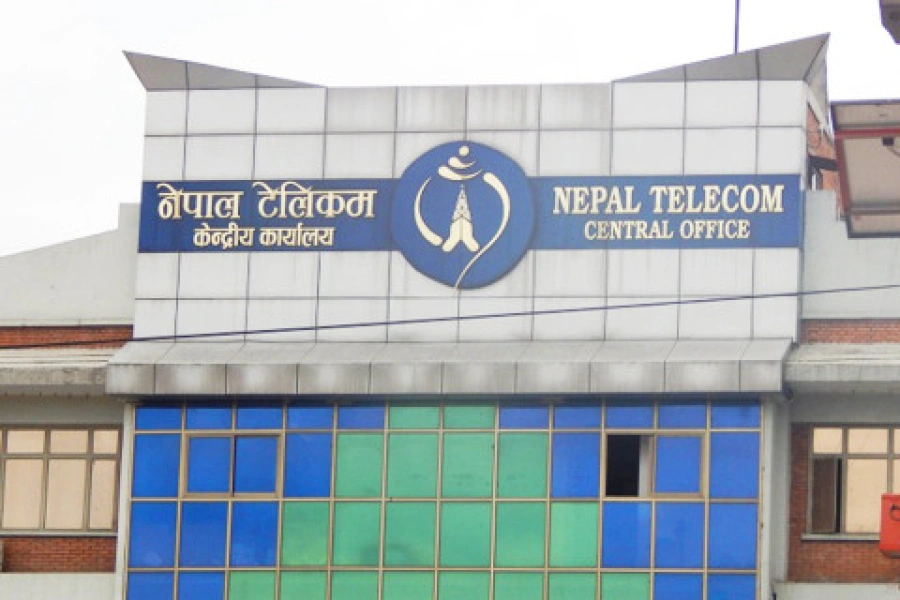

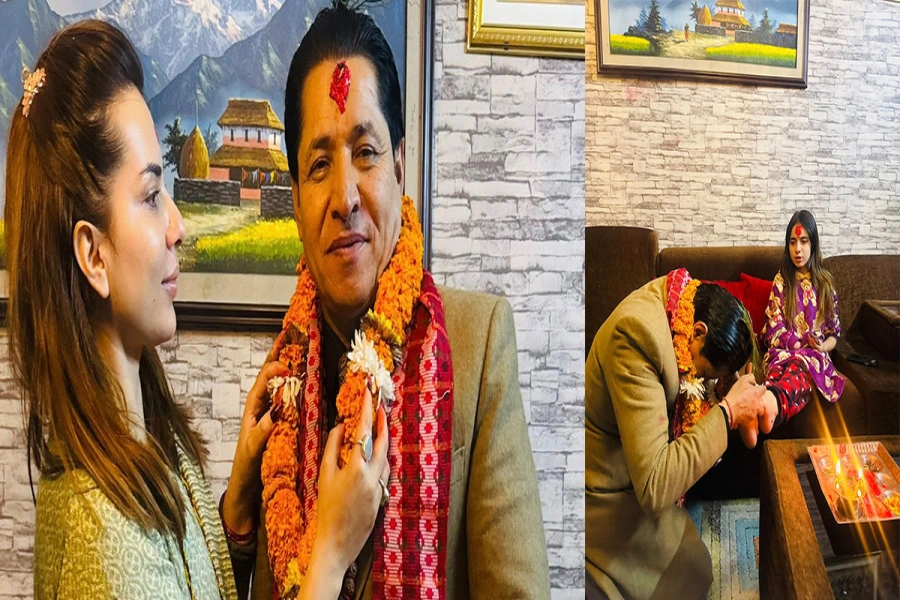








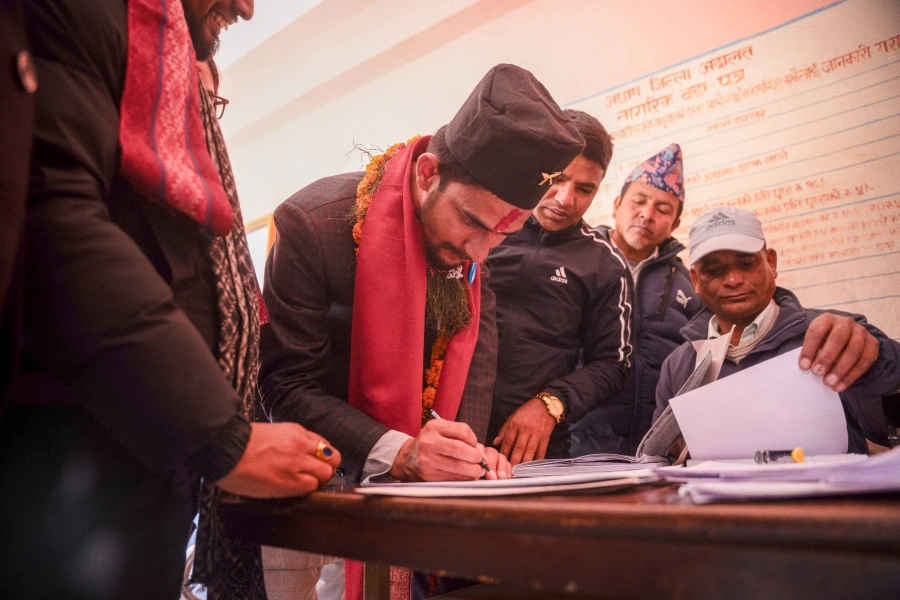
_20220508065243.jpg)

